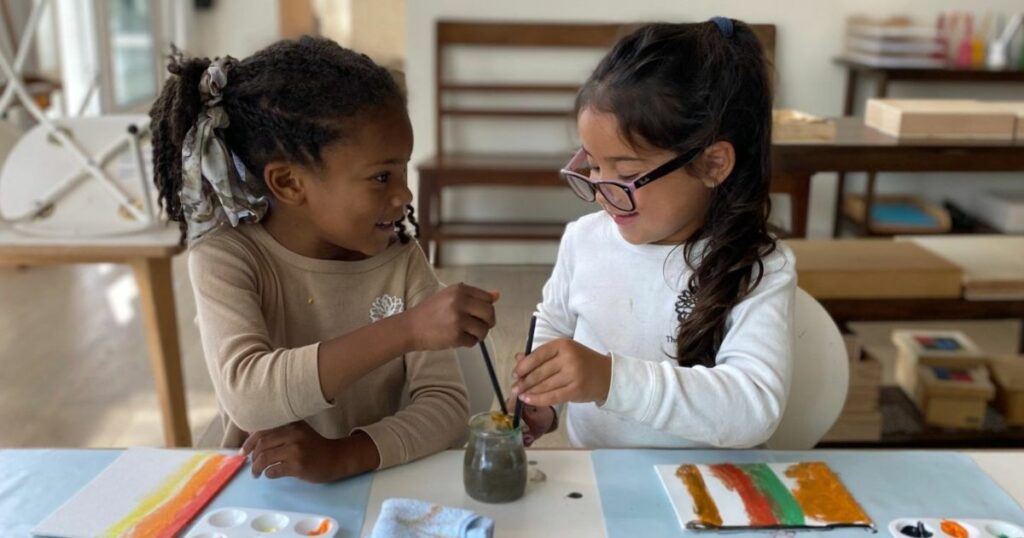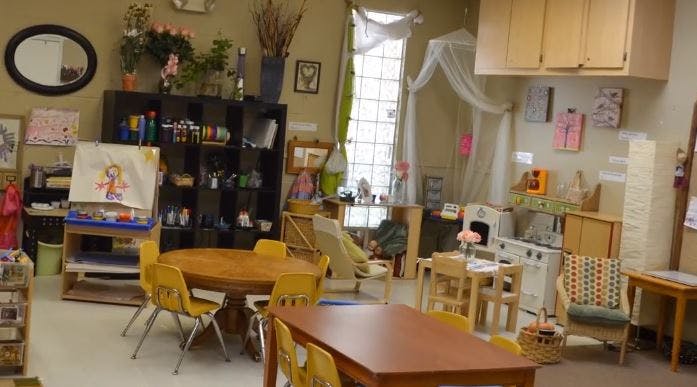Teaching kids to be independent:
#1 Let them involve in chores
Giving your children age-appropriate chores will not only challenge them but will also help them succeed in life.

Giving your child responsibilities around the house, whether small or large, will help them with time management, commitment, and goal-setting in the future. For example, when you are baking cookies, ask them to use the cookie cutter or ask for their help when dusting the home.
#2 Give rewards
Rewarding your child for completing chores is an excellent way to teach independence. However, it is suggested not to reward for every little thing as it can backfire and make kids stubborn. A chore chart can be useful in this situation, especially when you are just getting started.
#3 Teach kids to save and spend money
Purchase a piggy bank and teach your children how to manage money from an early age. Guide and encourage them to save for something they really want, but let them make the final decision. (They will learn the hard way if they waste their hard-earned money.) Teaching kids to save and spend money is the best way to make kids more independent.
#4 Let kids get ready themselves
Allowing your child to prepare for school teaches them the value of time management and responsibility. This can include packing their own lunch, laying out their clothes, filling their water bottle, waking up to their own alarm, and other activities. Every night before school, encourage children to prepare their backpacks (this includes filling their water bottles, packing a snack, and making sure their folders are ready for the next day).
#5 Let them do tasks alone
Allow your child some freedom when you believe they are ready. Allow your child to ride a solo bike or to the neighborhood playground with friends.

Equip them with tools for dealing with various situations, such as how to talk (or not talk) to strangers and how to cross a busy street. Finally, trusting them to do the right thing will foster independence.
#6 Teach kindness
Allow your child to care for a pet (start small with a goldfish!) or, if your child is older, allow them to assist in the care of a younger sibling. Teaching kindness to your kids can lead to fostering independence. Let them do acts of kindness. For example, you can take them to the orphanage or old-age home for volunteering different tasks.
#7 Let them resolve their conflicts
It’s important to be there for your child during an argument or conflict (whether on the playground, on a team, or at school), but it’s also important to teach your child how to handle it independently. Teaching them how to work through conflict appropriately will teach them how to deal with their emotions, talk through their feelings, and, ultimately, move forward—all very important life lessons.
#8 Tell them about their health conditions
When your child reaches the appropriate age, they must be made aware of any health conditions that they may have. Check that they are mature enough to make the right decision in very specific situations (for example, a peanut allergy at a Halloween party).
#9 Making mistakes is okay
The most difficult lesson of all is to let your child fail and to be there for them when they do. Don’t judge or demoralize them for failing, but don’t make their problem seem insignificant, either. Failing is a part of life, and we will all fail at some point. Teaching them that it’s okay to try and try again will give them the confidence to try new things as adults.
Takeaway:
Teaching different skills to your little one is important. When it comes to teaching independence, you can opt for simple ways to make them self-sufficient. From making them involve in simple household chores to letting them resolve their conflicts, countless ways are quite helpful. We at Heritage Montessori Academy foster independence in your little ones by involving them in countless creative activities.






